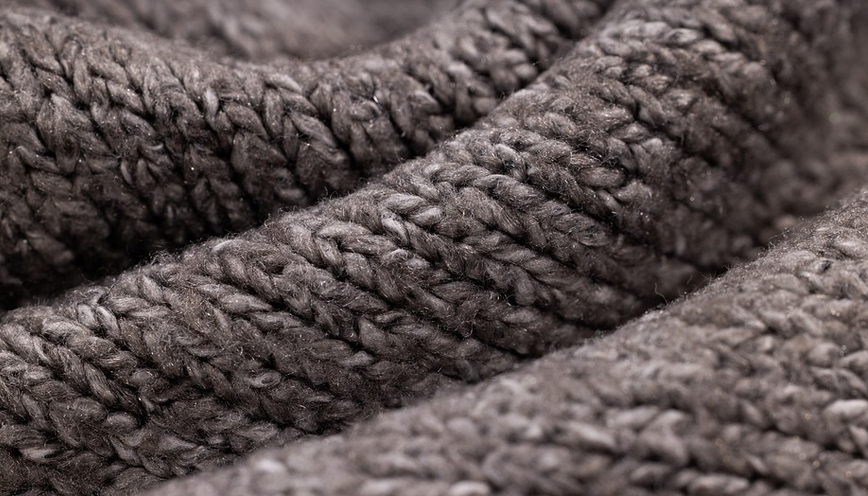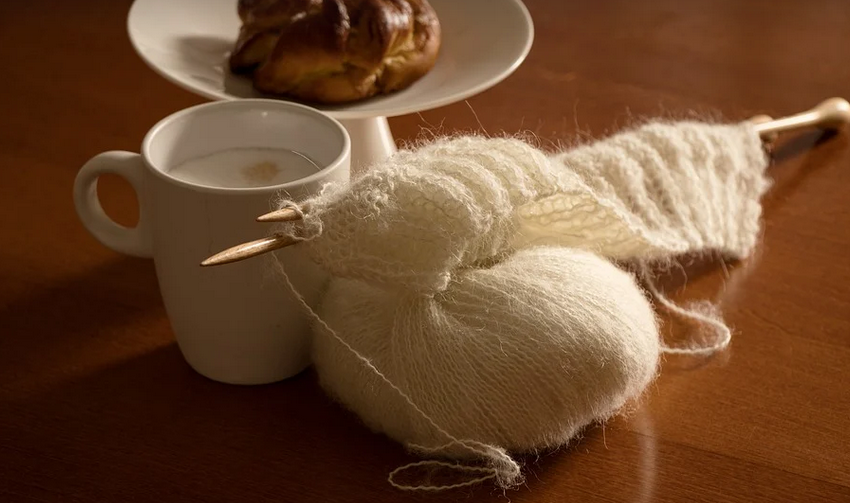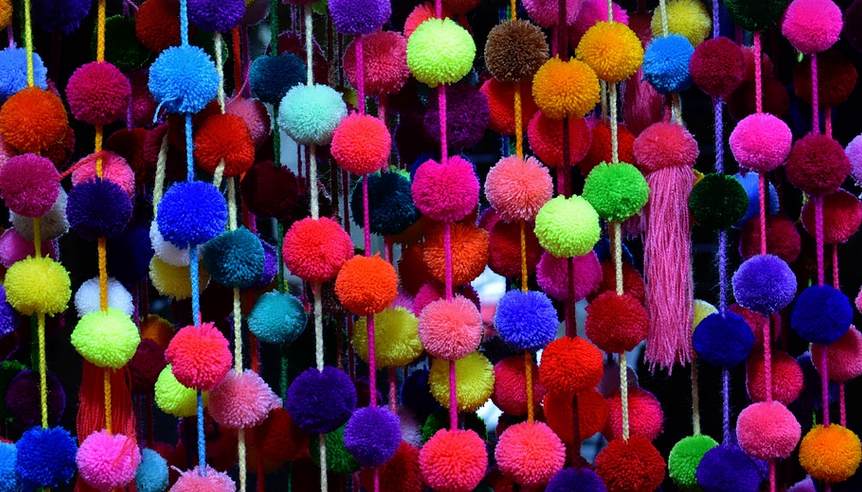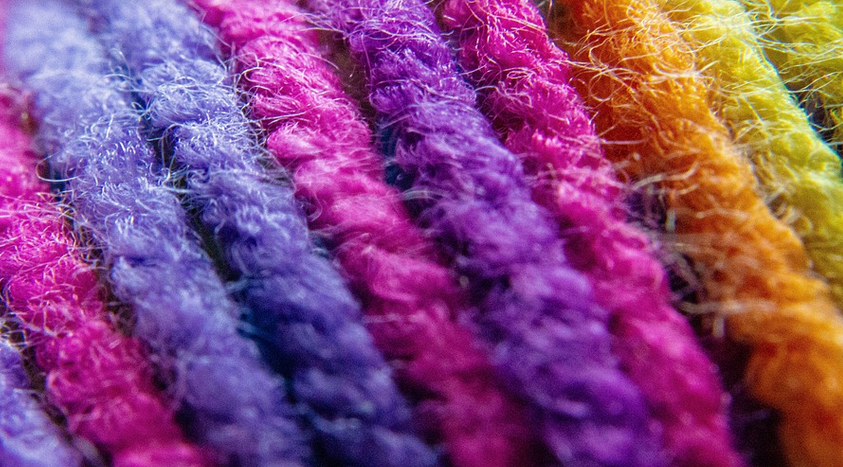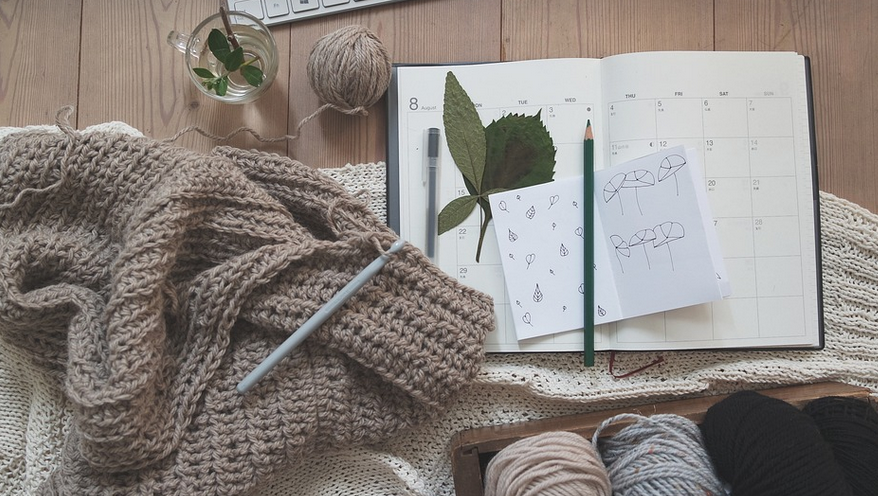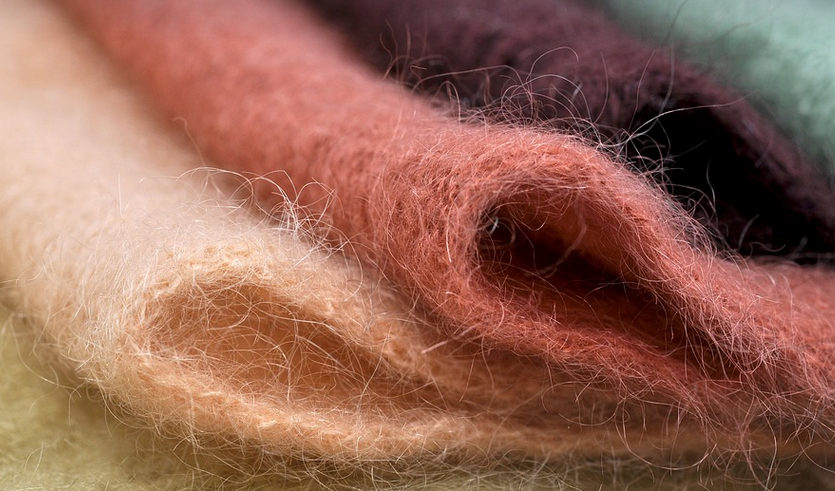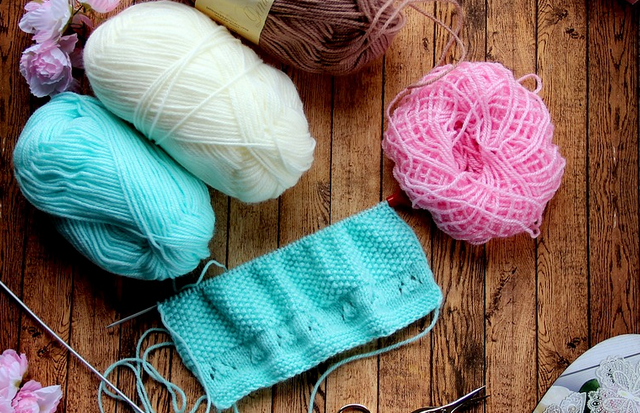
Ready to Transform Your Toys into Adorable Masterpieces?
Getting lost in the world of stuffed animals is a joy, isn’t it? Those cuddly companions bring us comfort and nostalgia. But sometimes they just need that extra something—that special touch to make them truly sing! That’s where stuffing comes in. It transforms plain old toys into engaging characters with personality. It adds dimension and helps those plush friends come to life. But finding the best kind of stuffing can be a bit overwhelming, especially when you’ve got a room full of adorable beasts ready for their close-up!
So, let’s dive into the delightful world of stuffing your beloved stuffed animals with expert advice and tips. We’ll cover everything from choosing the right type to making your creations truly unique.
Selecting the Perfect Stuffing: A Journey Through Options
The first step in crafting a masterpiece is selecting the best stuffing material for your project. We know you want those cuddly huggable animals to be just perfect, but what kind of stuffing will work?
Let’s explore the most popular options:
1. Polyester Fiberfill: The All-Around Champion
Polyester fiberfill is a versatile and beloved choice for stuffing toys. It provides excellent shaping and bounce, making your stuffed animals feel incredibly soft and fluffy. This material also offers good resilience against tearing and abrasion, ensuring your creations are long-lasting playmates.
But that’s not all! Polyester fiberfill comes in various densities, allowing you to adjust the firmness of your stuffed animals. The denser versions provide a more substantial feel, while lighter ones offer a fluffier texture. Experiment with different densities to find the perfect balance for your unique toys!
2. Polyurethane Foam: The Go-To Option for Shape and Support
Polyurethane foam is another popular choice, especially when you’re aiming for more structured, anatomical forms in your stuffed animal creations. It offers excellent support and durability, making it ideal for creating shapes that need to retain their shape over time.
This type of foam comes with its own set of pros and cons. One major advantage is its ability to be molded into complex shapes, which makes it great for intricate designs. However, you will generally have a less soft feel compared with fiberfill. If you want to give your stuffed animals that signature huggable texture, fiberfill will likely be a more suitable choice.
3. Cotton Fiberfill: A Natural Choice With Softness in Mind
For those who prioritize natural textures and soft cuddly companions, cotton fiberfill is an excellent option! It offers a unique blend of comfort and durability. The material breathes well, making it ideal for kids.
Cotton fiberfill’s softness creates a sense of familiarity, bringing back memories of childhood and playtime. With its breathable nature, it allows air to circulate through the stuffing, reducing the risk of allergies. However, cotton fiberfill’s delicate nature makes it more susceptible to wear and tear.
Crafting Your Stuffed Animal Dreams: A Step-by-Step Guide
Now, let’s get down to the nitty-gritty! Here’s a step-by-step guide on stuffing your stuffed animal creations:
1. Prepare Your Toy
Before you start stuffing your beloved toy, ensure it is properly washed and dried to remove any dust or debris. A clean canvas will make handling the filling process much easier!
Next, give your toy a thorough inspection. Look for any loose parts that might affect the stuffing process. If there are any areas that need extra attention, address these before you begin.
2. Choose Your Stuffing Material
Select the type of stuffing material that will best suit your project. The right choice depends on the size, shape, and desired texture of your stuffed animal. Polyester fiberfill is a versatile option for beginners, while polyurethane foam offers more control over shaping.
If you’re looking for something extra soft, cotton fiberfill could be your go-to choice.
3. Stuffing Time!
The fun part begins: stuffing time! Begin by gently poking the stuffing material into the toy’s body, focusing on areas where more volume is needed.
For a perfectly rounded look, use your fingers to shape and mold the stuffing until it reaches that perfect curve.
4. Create That Signature Texture
After you’ve added the basic stuffing layer, let’s add some personality! Use beads or small stones to give your stuffed animal features some extra texture!
5. Give It a Little Shape
Time for sculpting! If you want a more defined structure, use your hands and fingers to gently reshape the stuffing material. You can create different textures with your hands and add personality to your creation.
Safety Tips: Ensuring Your Stuffed Animals Are Safe
As we’ve seen that stuffing is an essential part of creating amazing stuffed animals! But remember, safety is paramount when it comes to children’s toys. Here are some tips to keep in mind:
Always use safe and non-toxic materials for your stuffing project.
Make sure all the stitching or sewing parts are securely sewn to prevent any small pieces from coming loose.
A World of Stuffed Animal Creativity!
Creating a stuffed animal is more than just filling it with stuffing; it’s about bringing your creativity to life. Remember, there’s no right or wrong way to stuff your beloved toys! So have fun, experiment, and make those cuddly creatures truly unique!
